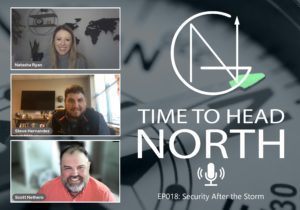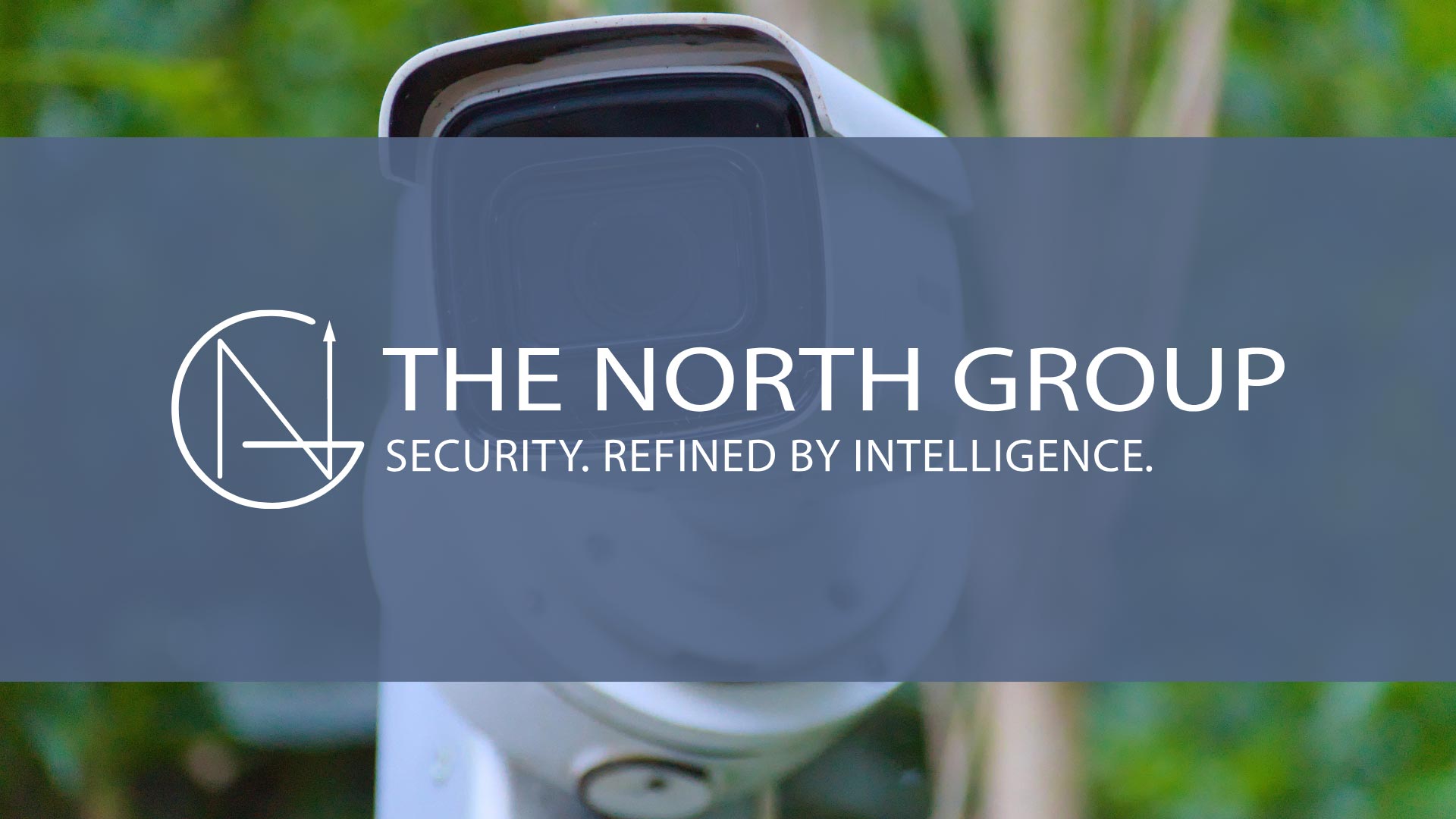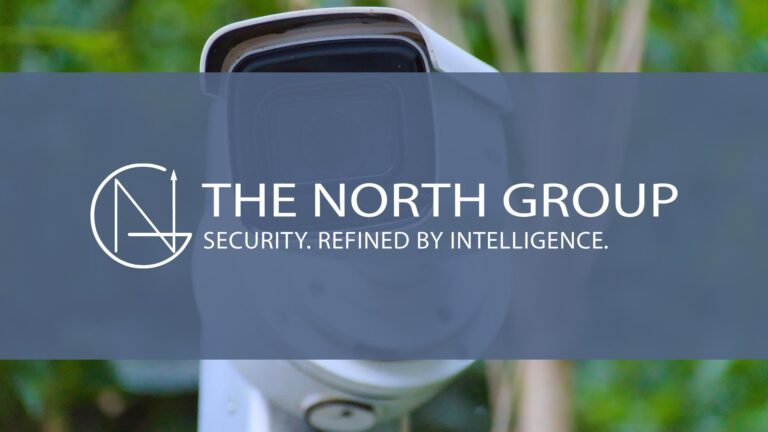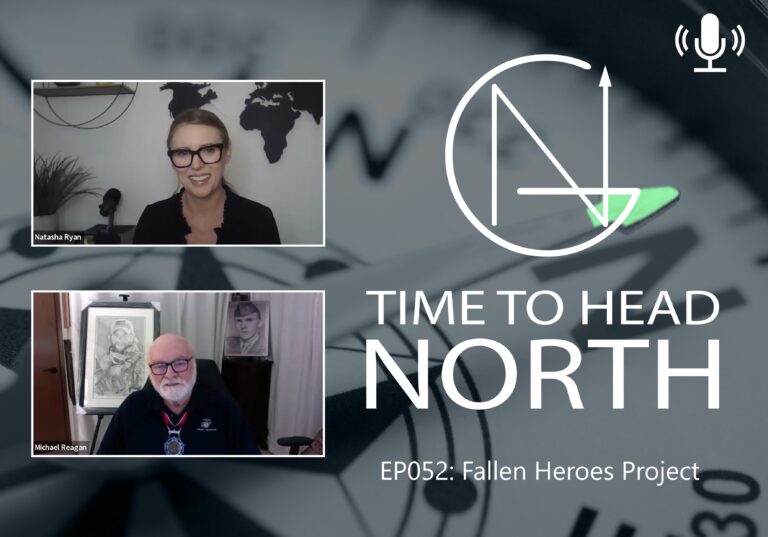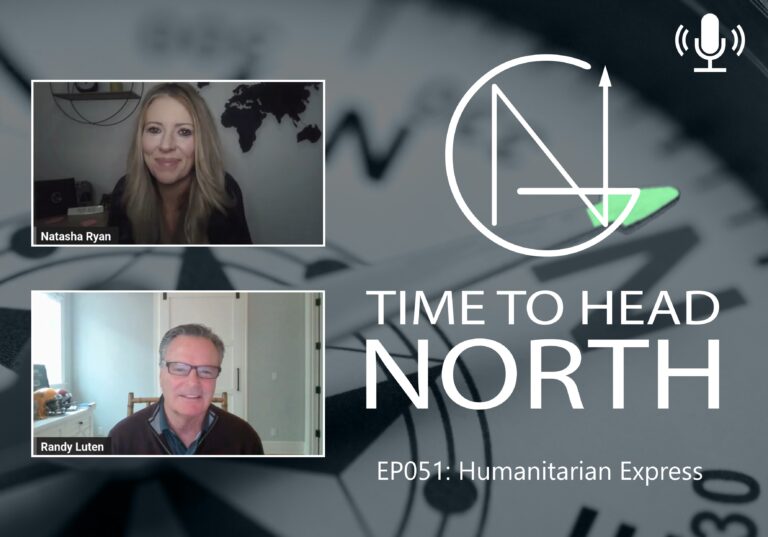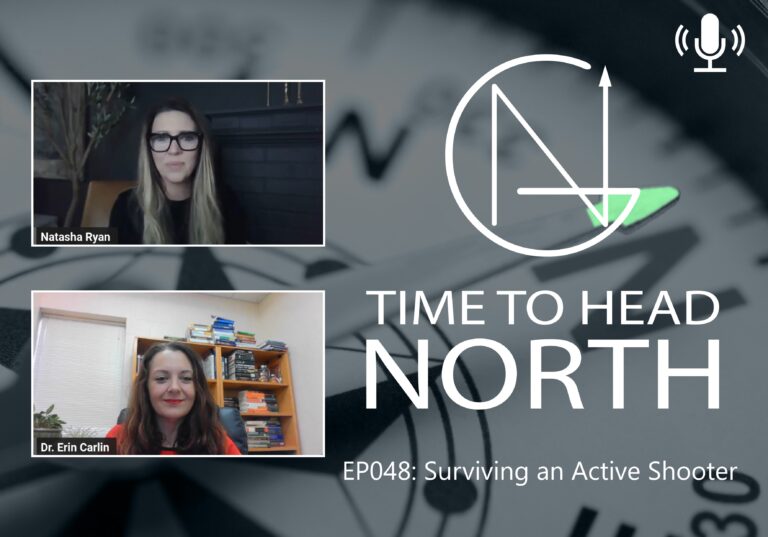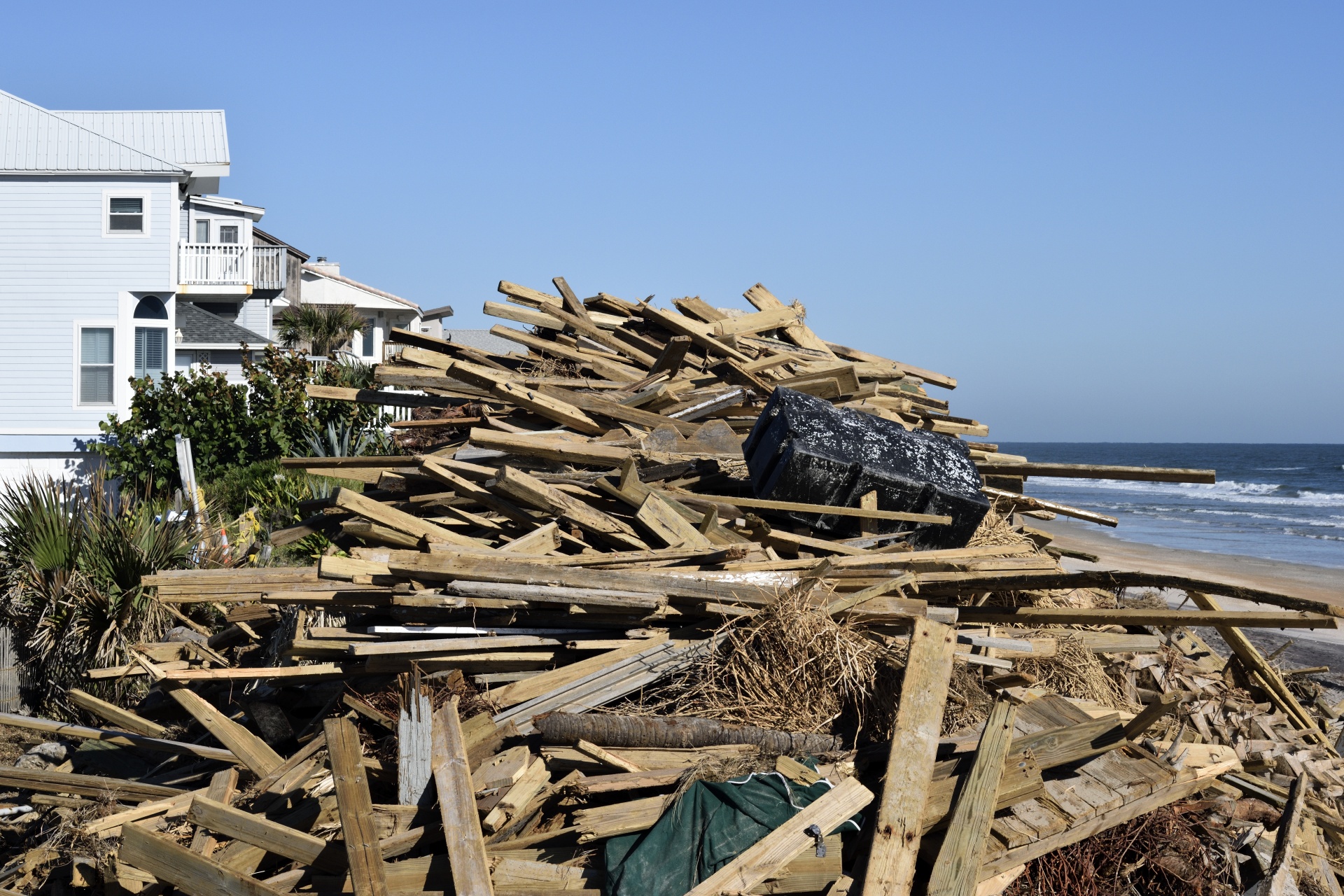
The death toll for Hurricane Ian has now surpassed 100. The toll a hurricane can take is horrific. But when the storm is over, the security concerns continue. We sat down with two security leaders, one who lives in Florida and was in Ft. Myers, when the first bands came through. Jason Butz is the Director of Security for Americanna Labs. Our other guest was Ron Conlin, longtime security professional and American Red Cross volunteer.
Jason told us, “As the storm was approaching I was in Ft. Myers, had a sense that this was going to be a rough one. With security overall, you have to have a plan. Whether it’s a business standpoint or personal with family, if you don’t have a plan, when it’s time to make decisions, if there’s no plan, you’re not going to know what to do. When hurricane is bearing down that’s not the time. Having a plan in place, is most paramount.” Jason reminds us, it’s not just with hurricanes. With earthquakes, volcanos…having a plan is the basis of security. When people start panicking, you know exactly what to do moving forward.
Jason tell us for a hurricane, his security team looks at the strength of the storm. There are different plans for what’s coming. They answer questions like when to put up shutters, what side of the building will be most affected, energy restoration, business continuity. He tells us they spent time testing everything ahead of storm to make sure everything was going to function the right way.
Right now, Ron says the American Red Cross has 1200 volunteers in FL, helping set up shelters, 120 vehicles, 80 of those used as mobile feeding sites. They’ve served 120000 meals and have 33 emergency shelters operating solely or in partnership. Staging that ahead of time is important, as it gives the opportunity to prepare instead of waiting until the last minute when it’s too late.
The first thing the Red Cross does is mobilize volunteers and to assess where the least amount of damage will be, we don’t want to endanger volunteers or our clients. Being able to look at the plans and decipher which are the best areas and then advertise through media to get clients to go.
Jason says in addition to preparing his facility for a hurricane, they have to anticipate a loss of revenue. Again, he reiterates, “It’s fundamental you have a plan. Maintaining integrity of facility, we have a wonderful building that can withstand anything. Safe and secure facility. When hurricane hits, everything comes to standstill, no supply chain coming in or out. No personnel. Safety is the priority.”
After the initial bands, Jason said he saw the situation was deteriorating so rapidly, he evacuated and went back up to Jacksonville. He says a couple of people have referenced Mexico City’s own disaster when describing the damage in Ft. Myers. “It’s pretty bad, we have a long reconstruction ahead of us. Listen to your local emergency operations center. You can listen to NWS, The Weather Channel, but Emergency Management is going to tell you when it’s time to go. A hurricane coming on shore can change course at any last minute. Emergency Operations Center will be the first to know.”
Red Cross volunteers not only help guide people to physical safety and provide basic needs, there are also the emotional ones. “The emotional stress that people go through when they lose their homes. Very difficult for people to evacuate, their home is their castle, momentos, their whole life is based around where they live. To evacuate is stressful to begin with and then they get to shelters, listening to how their homes are being destroyed. Tremendous amounts of anxiety. Our mental health people work full time to make it a little easier to cope with disaster and the long and tedious process of recovery. Volunteers have felt that pain and felt that stress as well. They’ve seen everything from people pulling out a bag of their possessions and then having snakes pop out. In FL, you have gators, that’s a challenge a lot of us have never faced. A gator coming up on you. But most volunteers are veterans, they’ve been through situations before. But biggest thing is stress level. “
A big security concern moving forward are people that take advantage of victims. Ron tell us, “You have people specifically traveling to disasters, to perpetrate crimes, take advantage of people. Waiting for people to leave their homes to go in and pilfer. A variety of groups that try to start up disaster funds that are fraudulent. Those are the kinds of things that happen when you have a disaster. We are very cautious when we set up a shelter that it’s safe.”
They also advise the vulnerable on simple things they’re not thinking about, like don’t wear flip flops to disaster areas. “Our primary concern is long term, is their recovery and personal security. We tell them things like don’t open the front door of a house, it could be holding up the entire structure. Look for snakes, bugs. Chemicals, gasoline, household chemicals…irritants to skin or sometimes lethal. ” When running a shelter Ron says there are also complications, like pets. “Some people bring lizards, snakes. It’s a challenge. Try to operate a shelter with dogs, cats and snakes in one room, it can be kind of hectic. “
As far as cyber safety, Jason says it’s not a huge concern for him. “We have plans in place, do backups on everything. We shut down and take everything offline. Cyber not too much of an issue because if you’re still online, everything is being monitored from a remote location. Someone is still remotely monitoring, and good security programs are in place.”
Jason says the bigger concern is the average person’s identity. “There is debris everywhere. Mortgage statements, bank statements, are floating around. Predators target people during their worst times.”
Both our our guests were impressed with the number of people who heeded the warning and evacuated. Jason tells us, “I was actually in that evacuation traffic, handled really well. More people evacuated this storm, than historically. More evacuated than didn’t. People took this one seriously. Overnight it turned into Cat 4. almost a Cat 5 and then came ashore. It’s hard for people to leave their castle behind. Look at it in rearview mirror, because you may never see it again. The beautiful thing about FL is we live in paradise and we’ve been through hurricanes before. Our agencies are adept with the process of rebuilding. Damage is different with every storm, no real one way. Someone will come in and say this is what needs to happen. We have a long way to go and this is not something that in 12 months is going to be back to normal.”
One of the hardest parts for any non-profit is to get to a level of sustained donations. Ron pointed out the brevity of a news cycle, hence attention. “They go to another disaster and start to donate there. Our donors who have been with us a long, long time are our backbone. We constantly reach out through PSAs because the news cycle change. IN FL, it will be years before they see daylight with the amount of damage. Hurricane Sandy, still working on recovery and look how long that’s been. We can definitely use help.” You can call 1-800REDCROSS or visit www.redcross.org, to sign up to volunteer or donate.
Be sure to check out other episodes of our podcast here, or just audio on iTunes, Podbean or Spotify.

